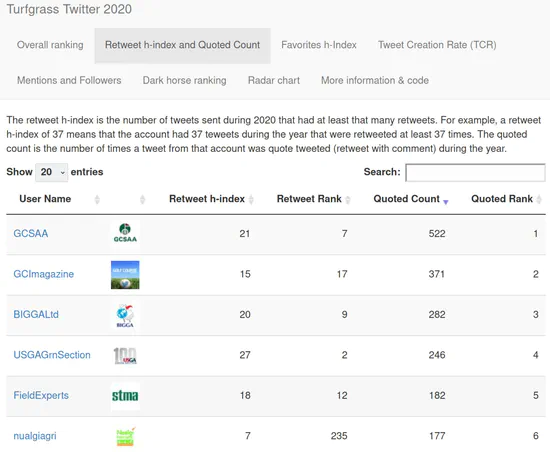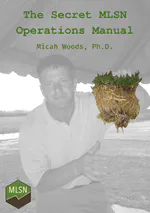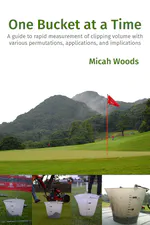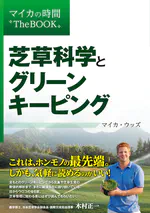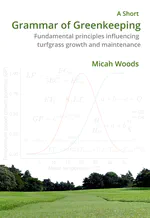New Posts
About
Micah Woods established the Asian Turfgrass Center (ATC) in 2006 to develop and provide turfgrass information for the golf and sports turf industry. Through the ATC, he provides turfgrass advisory and soil testing services to golf clubs, sports facilities, and select clients around the world. Since 2009, he has been an Adjunct Professor in the Department of Plant Sciences at the University of Tennessee. Since 2022, he has been director of the PACE Turf information service.
Micah manages to keep his eyes on the ground, studying the turfgrass species wherever he is in the world. He remains well grounded in the practical aspects of the golf game and his writing has been praised for its accessible style. Author of over two hundred articles in publications such as GOLF Magazine and Soil Science as well as books with intriguing titles like One Bucket at a Time and 芝草科学とグリーンキーピング: マイカの時間 The BOOK, Micah enjoys spending time creating animated charts and graphs of the data he has collected while discovering unexpected statistics.
- Turfgrass nutrition
- Turfgrass selection & performance
- Efficient greenkeeping
- Soil nutrient analysis
PhD in Horticulture, 2006
Cornell University
BSc in Horticulture, 1998
Oregon State University
Sustainable Turfgrass Management in Asia 2026
March 9–11, 2026 in Pattaya, Thailand
Top posts
ATC Library
Projects
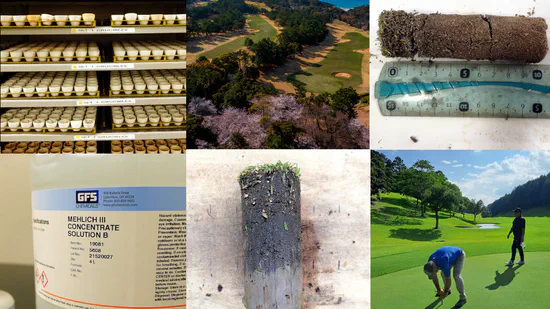
Soil tests
We provide soil testing services for clients around the world through Brookside Labs, and have an active research program in the area of turfgrass nutrition, soil and plant analysis, and sampling methods.
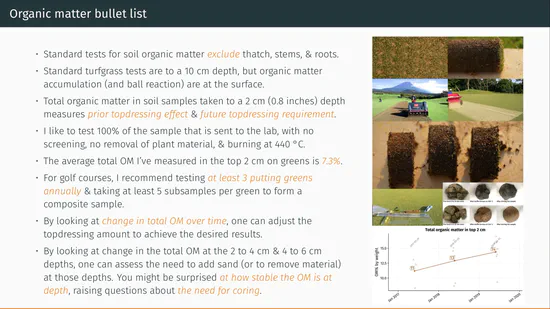
OM246
Measure exact topdressing effect, and requirement, by checking total organic material by depth.
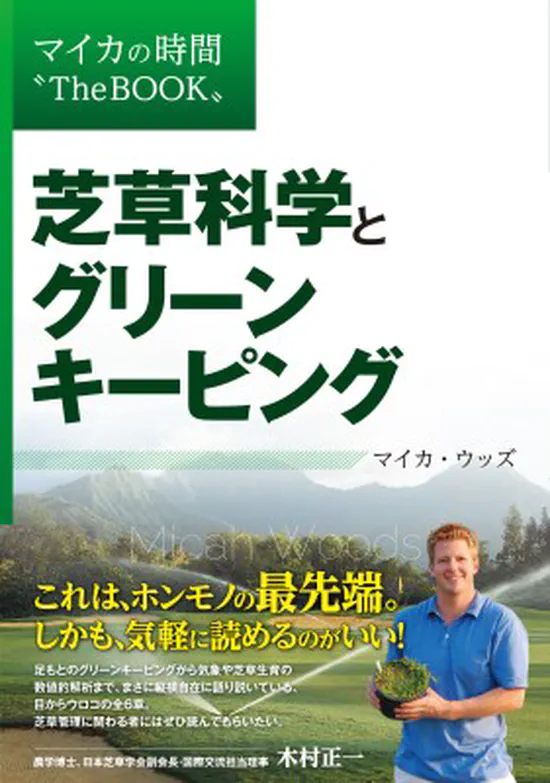
Books
My books about greenkeeping, turfgrass science, clipping volume, and MLSN.
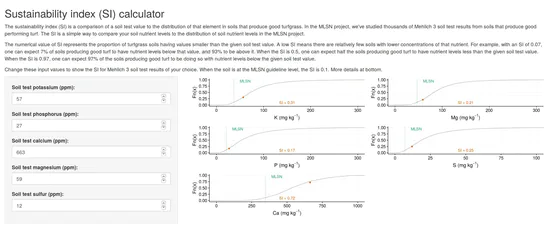
Shiny Apps
Web applications for R that make calculations or show data.
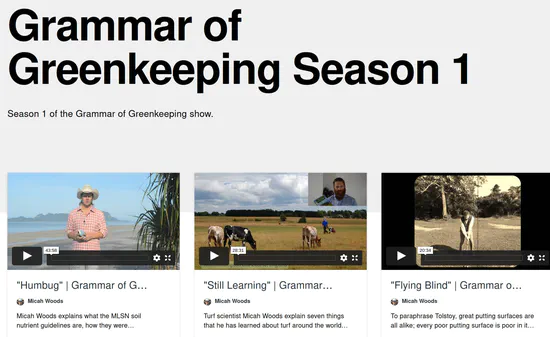
Grammar of Greenkeeping
I’ve made some movies with my friends to explain how the grammar of greenkeeping works. You may enjoy watching.
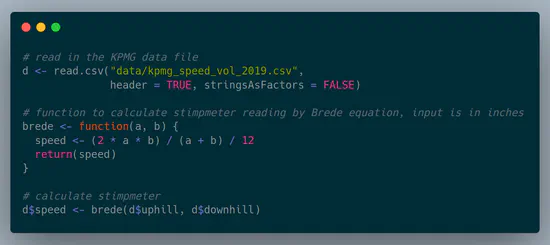
Rturf
I’ve been doing some teaching, or demonstrating, how I use R software for data analysis in turf-related matters. See the full list of rturf posts. The initial project is about stimpmeter measurements and ClipVol.
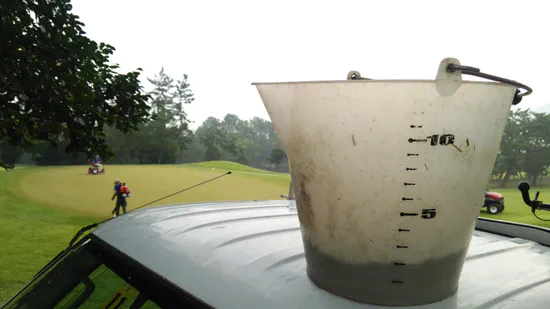
ClipVol
Measuring the growth rate by clipping volume. Really.
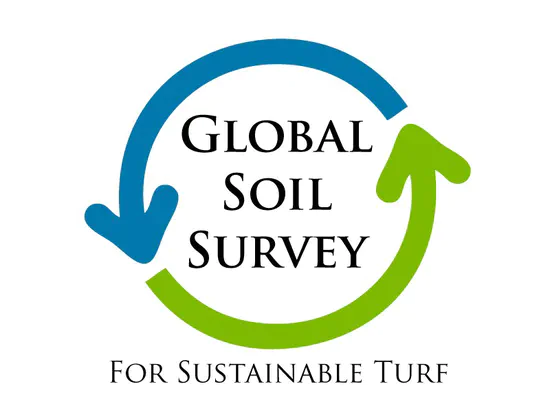
Global Soil Survey
A project that investigated soil nutrient levels of good-performing turf all over the world.
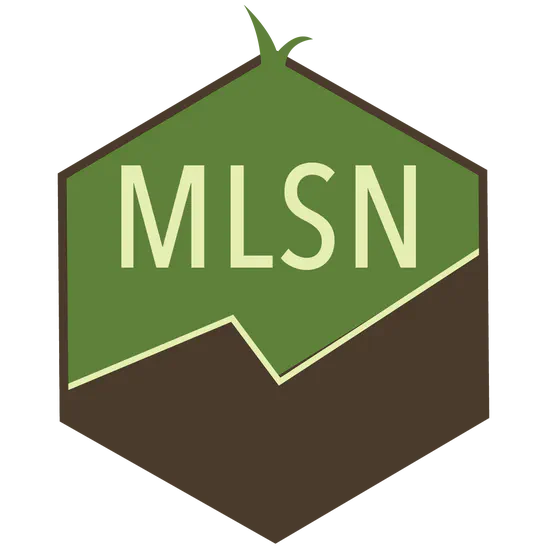
MLSN
Minimum levels for sustainable nutrition—MLSN—is a modern method for interpreting soil tests for turfgrass.



